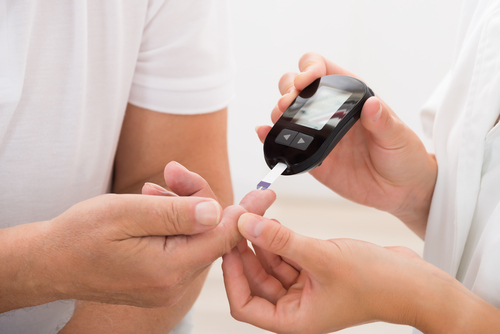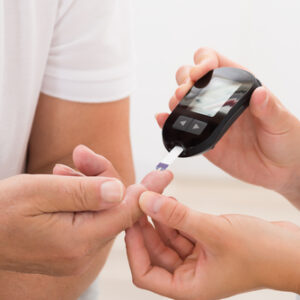Health Glossary
Health Glossary Relationship between SGPT and ALT
Serum glutamic pyruvic transaminase (SGPT), is an enzyme that is normally present in liver and heart cells. SGPT is released into blood when the liver or heart are damaged. It is also called Alanine Aminotransferase (ALT).
TLDR?Read our AI summary
Try Now Author 廖永熙 Jacky Lio
Updated on 2021-07-21


















